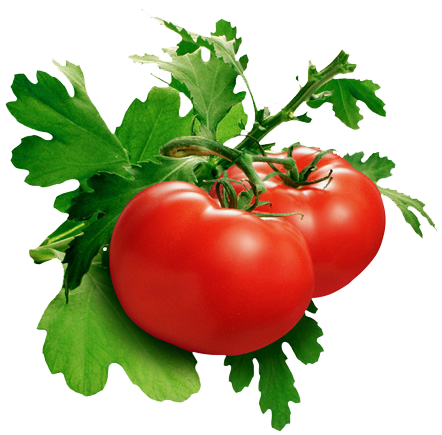It is quiet in the city today, as in August, or after the first snow. Yet it is only fall – the nearby harbor boat show has come and gone, the first autumn rain has flooded the sewers, and school is under way for parents. The senate is up and arguing again.
But this Monday voices are quieter, steps lighter and fragile, perhaps the flu has gripped us all prematurely. Perhaps our impending cold has caused us all pause.
I know I promised a series on religion, but perhaps I will rescind that as I am finding the muse of that particular subject varying and fickle. Maybe I will just promise that eventually those thoughts will come out. The cleaning one, especially, has be thinking as I have been amassed in the past few months of dredging out muck – from my body, from my wardrobe, from my relationships as I close more gaps of past grudges and miscommunications. This, in conjunction with Danny’s death, makes me wonder on the impulse to be light upon this planet – easing the transition from the muck that holds us consumers down and allowing greater joy to flow between people and between myself and my experiences. And, of course, the idea that the less there is of my life to deal with now, the less there will be at my death. A similar vein is expressed in this blog entry about feature creep: http://zenhabits.net/2009/10/simplicity-how-to-avoid-feature-creep-in-your-life/.
A deepening need for simplicity and a great responsibility to the agent of my life and my universe have predominated recently, finding voice in yoga, environmentalism, love, and focus. Rory’s thoughts on mindfulness are indeed an adamant aspect of my past summer, alas perhaps without the intended focus as I had hoped but every little bit goes a long way, right?
I am beginning to read Kierkegaard again (Either/Or) and in his preface he comments on hearing: “Little by little, hearing became my favourite sense; for just as it is the voice that reveals the inwardness which is incommensurable with the outer, so the ear is the instrument whereby that inwardness is grasped, hearing the sense by which it is appropriated”. There is always the chance that I have been vague and thick all through St. John’s, but it was not until this morning that the great wideness of this sense has reached me. We spoke of seeing many times, in its different elements, related to thinking and to viewing and to identifying, but all of a sudden I “see” that “hearing” is also a medium for thought, and it is indeed through this sense that we communicate much of our thoughts.
“Ah, I see!” is our common “Eureka!”, but as well do we say “I heard myself thinking” or “I told myself”. What a delight to feel this translation between thought and articulation as a sense that is as diverse as hearing, as widely directional as sight itself. I have thought much on sound, writing on the power of the song and poetry of Psalms, musing on the theory found in Darwin that perhaps bird song and human singing is the predecessor to man’s language. Philosophy’s freshman bats around the worry that a deaf man does not think in language. Sound must exist before articulation; must hearing be experienced for enunciated ideas? The different format of thought without surrounded sound is what we strive for in meditation – no particulars in words but true experience in concept, through feeling we arrive at understanding.
This idea has helped me with my push forward in meditation, as has finding Easwaran’s ideology that focuses on valuing a memorized passage and replaying it in your head as your meditation (his translations of the Upanishads and the Gita are some of the most valuable I have found). I am hoping that once I am dedicated enough to push forward with this meditation, than perhaps it will bring an added element of depth in my mindfulness practice and attempts. As I am often reminded, one must change one’s self in order to change one’s actions. And as many of you often remind me, it is the mark of insanity to repeatedly expect different outcomes to the same actions. Truly, a different result must come from doing something different. So does experiencing the world differently come from thinking differently?

No comments:
Post a Comment